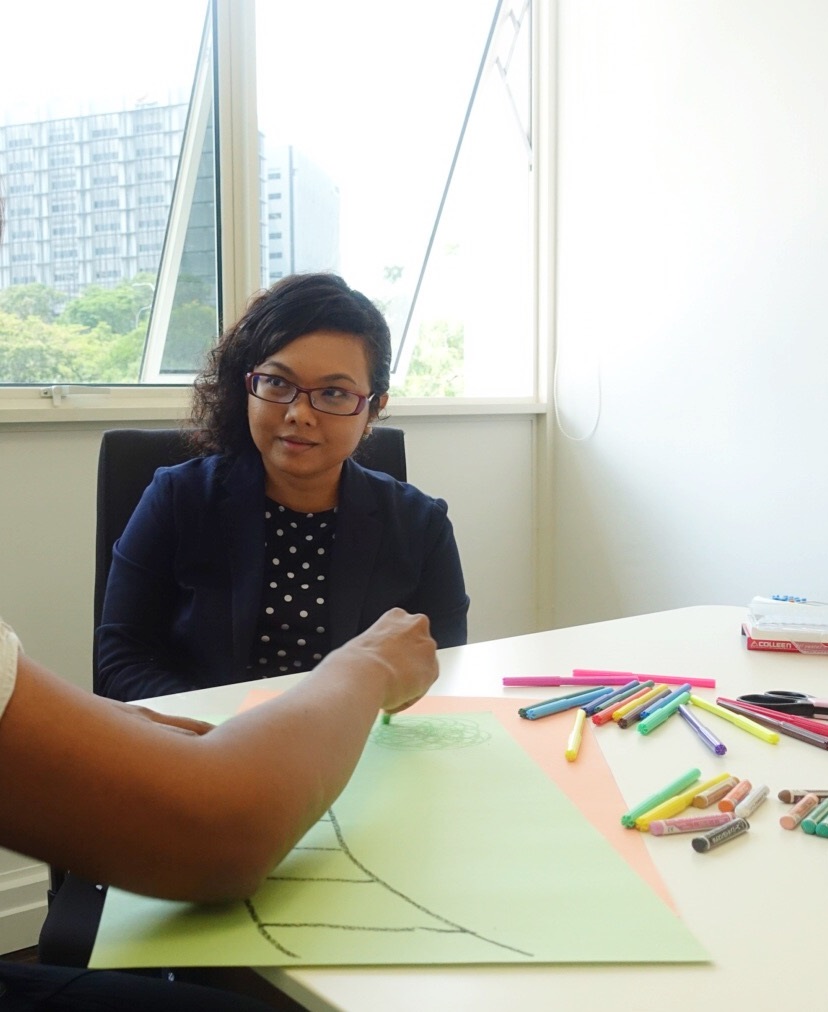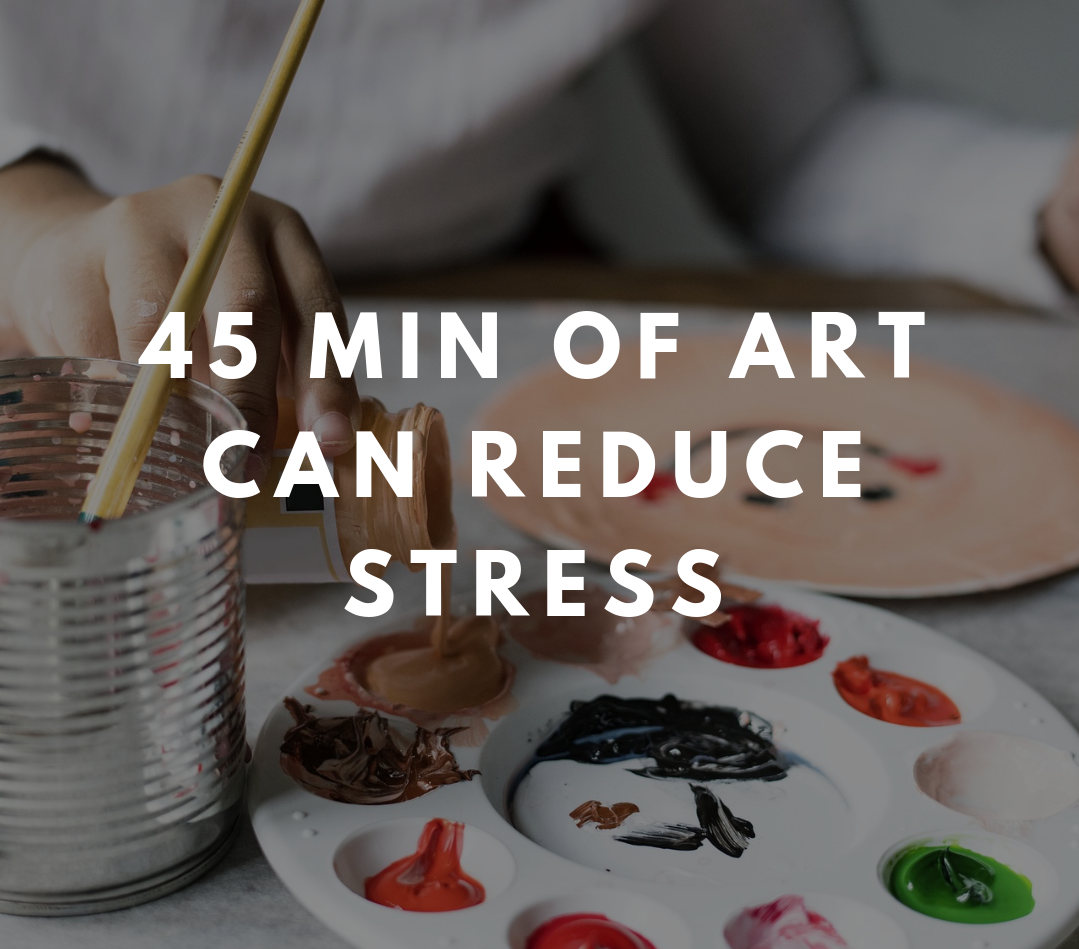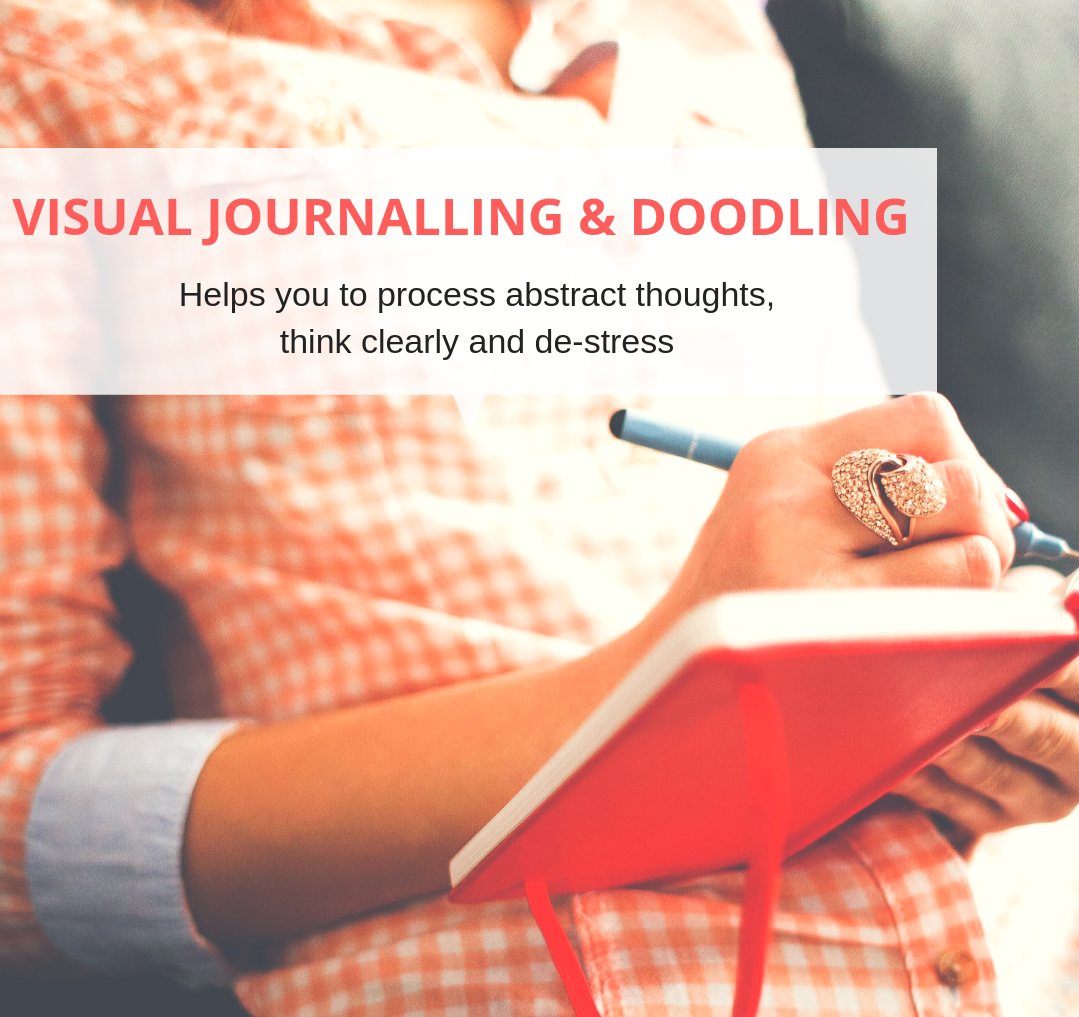Often busy taking care of everyone else but themselves, healthcare workers are prone to stress and burnout. They, too, need self-care. By Valery Heng
Healthcare professionals help patients suffering from grief, illness and trauma. Because they do it every day, it is normal for them to get affected by negative emotions. As a result, they sometimes find themselves feeling sad and stressed. Those who are not able to process and release these feelings are not only prone to burnout; it becomes difficult to care for patients and build trusting relationships with them.
“We’re like a jug that’s always pouring, but that jug doesn’t automatically get refilled,” said art therapist Dian Handayani as she urged all healthcare workers who struggle with such feelings to reach out for help. “If you are not ok then how are you able to help someone else? Self-care is so important in our line of work.”
In SGH, help is never far away

Art Therapist Dian Handayani helps colleagues deal with negative emotions through art therapy supervision.
A colleague first approached Dian for help with a case she was struggling with for almost half a year. She felt disconnected to a patient who was suffering from trauma, and was having trouble looking past the patient’s anger to understand what was going on below the surface. Discouraged but unwilling to throw in the towel nor compromise on the care for her patient, Nina (not her real name) sought out Dian for art therapy supervision.
Supervision is commonly used in healthcare to support clinicians who may want to talk about issues that impact their professional practice, for example, their relationship with patients and colleagues, or other causes of conflict. Benefits include increased confidence at the job, reduction in stress and improvement in coping skills. Through supervision, healthcare workers will also be able to better understand and manage the emotions that surface during their interaction with patients. It helps them show greater empathy to patients and build better rapport with them.
During the session, Dian listened to Nina’s thoughts, concerns and emotions about the case. After a brief sharing, Nina delved into drawing with the provided art materials. “The experiential session with Dian was really enlightening. The whole process helped me to feel my patient’s pain and understand her at a much deeper level. At times, I was moved almost close to tears.”
Armed with a newfound understanding and clarity of her case, Nina was able to bridge the disconnection with her patient to become a better therapist.
Dian shares her top 3 self-care habits for a healthy mind, body and soul
1. Get creative
Research has shown that 45 minutes of creative activity can significantly reduce stress. Try drawing, writing or even making music.

2. Create a visual journal
Sometimes, you are just not able to express your thoughts and feelings in words. Using drawings and pictures in a reflection journal can help you make sense of those abstract ideas and put you more in touch with yourself and your emotions.
3. Doodle
Any time you feel a little overwhelmed, grab a pen/pencil and paper and scribble away. Besides helping you think clearly, doodling is also therapeutic.

We love mail! Drop us a note at [email protected] to tell us what you like or didn’t like about this story, and what you would like to see more of in LighterNotes.
